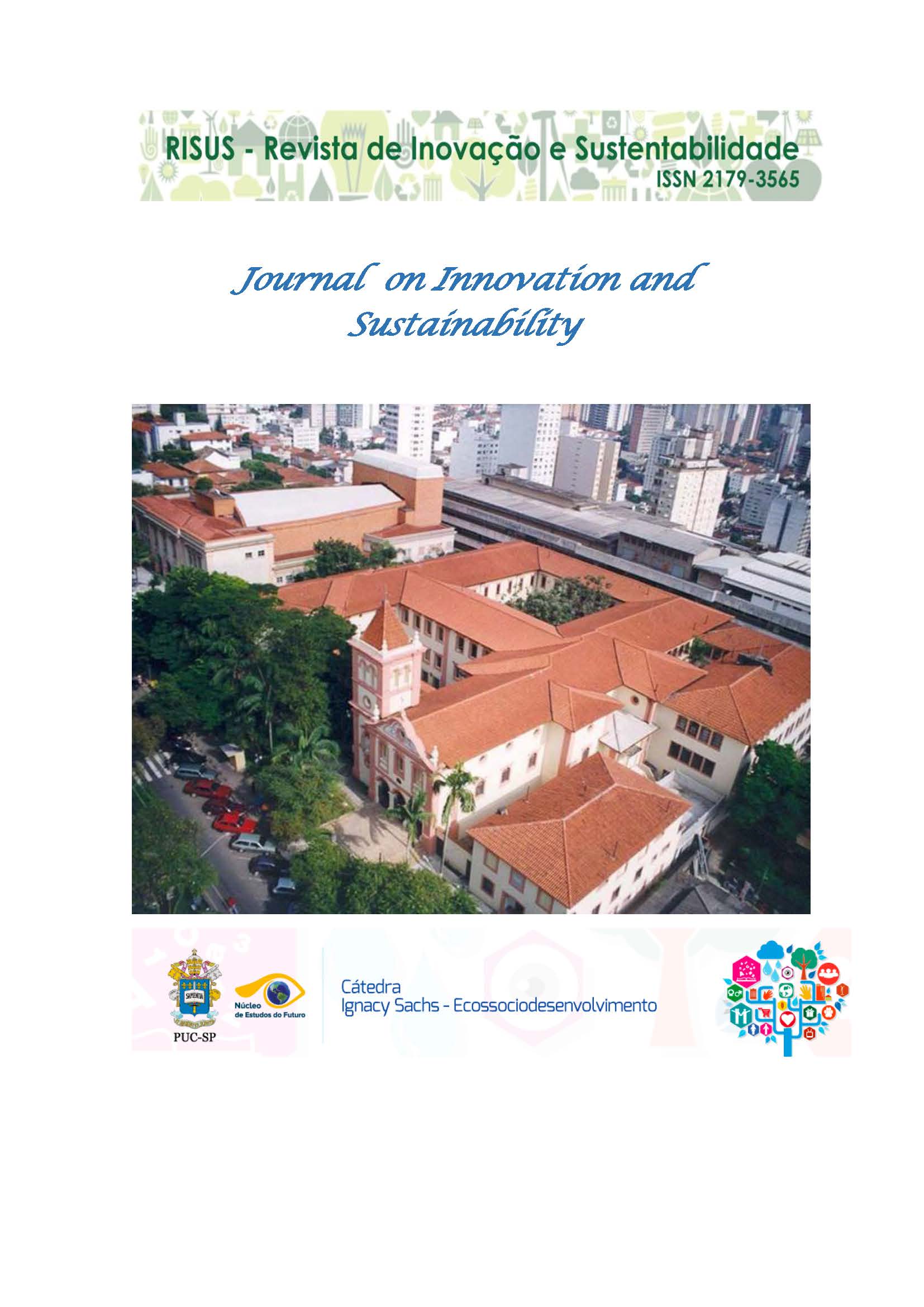Reações emocionais de alunos e dilema ético ao trabalhar com uma rede neurala case of students completing creative tasks
a case of students completing creative tasks
DOI:
https://doi.org/10.23925/2179-3565.2024v15i4p155-163Palavras-chave:
Inteligência emocional, Inteligência artificial, Dilema ético de autoria, Treinamento em jornalismoResumo
O estudo visa estabelecer a gama de respostas emocionais dos alunos na interação com redes neurais como parte de tarefas educacionais criativas. A pesquisa é focada nas respostas dos alunos que resolvem tarefas criativas usando redes neurais e sua experiência do dilema ético de atribuir autoria. A hipótese do estudo é que a resposta emocional que surge no primeiro estágio da interação contribui para a assimilação da experiência de cooperação com a inteligência da máquina e a escolha de um curso de ação posterior na atribuição de autoria. O estudo foi conduzido em três etapas: determinação de redes neurais populares, discussão das variantes de reações emocionais e realização de uma pesquisa com alunos. A pesquisa empírica foi conduzida com base em escolas superiores de jornalismo na Universidade Estadual de Moscou (MSU), Universidade Estadual de São Petersburgo (SPSU) e Universidade Federal de Kazan (KFU) de outubro a dezembro de 2023. A amostra de entrevistados consistiu em 159 alunos: 89 da KFU, 50 da MSU e 20 da SPSU. A análise fatorial mostra que a parcela de alunos que vivenciam emoções ambivalentes chegou a 17%, um estado positivo foi descrito por 34% e emoções negativas foram relatadas por 18% dos alunos. Assim, a interação com uma rede neural evoca uma resposta emocional nos usuários, o que lhes permite assimilar a experiência dessa interação.
Referências
Axelrod, R. The Structure of Decision: Cognitive Maps of Political Elites. Princeton: Princeton University Press, 1976.
Bar-On, R. The Bar-On model of emotional-social intelligence (ESI). Psicothema, 18, pp. 13-25, 2006.
Barrat, J. Poslednee izobretenie chelovechestva: Iskusstvennyi intellekt i konets ery Homo sapiens [Our Final Invention: Artificial Intelligence and the End of the Human Era]. Moscow: Alpina non-fiction, 2019.
Bisquerra-Alzina, R. Psicopedagogía de las emociones. Madrid: Editorial Síntesis, 2009.
Castillo, R., Salguero, J. M., Fernández, P., Balluerka, N. Effects of an emotional intelligence intervention on aggression and empathy among adolescents. Journal Adolesc., 36, pp. 883-892, 2013. https://doi.org/10.1016/j.adolescence.2013.07.001
Crossley, M.L. Narrativnaia psikhologiia. Samost, psikhologicheskaia travma i konstruirovanie smyslov [Introducing narrative psychology: Self, trauma and the construction of meaning]. Kharkiv: "Humanitarian Center", 2020.
Goleman, D. Emotsionalnyi intellekt. Pochemu on mozhet znachit bolshe, chem IQ [Emotional Intelligence: Why It Can Matter More Than IQ]. Moscow: MIF, 2024.
Ilin, E.P. Emotsii i chuvstva [Emotions and feelings]. St. Petersburg: Piter, 2017.
Izard, C.E. The Psychology of Emotions. New York: Plenum, 1991.
Limon, D., Plaster, B. Can AI Teach Us How to Become More Emotionally Intelligent? Harvard Business Review, 2022. Retrieved from: https://hbr.org/2022/01/can-ai-teach-us-how-to-become-more-emotionally-intelligent
Liusin, D.V. Sovremennye predstavleniia ob emotsionalnom intellekte [Current views on emotional intelligence], In: Sotsialnyi intellekt: Teoriia, izmerenie, issledovaniia. Moscow: Institute of Psychology, Russian Academy of Sciences, 2004.
Mayer, J., Salovey, P., Caruso, D. Emotional Intelligence: Theory, findings and implication. Psychological Inquiry, 15(3), pp. 197-215, 2004.
Mori, M. Bukimi no tani [the uncanny valley]. Energy, 7(4), pp. 33-35, 1970.
Pavlova, E.M. Emotsionalnyi intellekt: ot ierarkhicheskikh modelei k predstavleniiu o edinoi kognitivnoi sposobnosti [Emotional intelligence: from hierarchic models to the notion of a single cognitive ability]. Psychological Studies: electronic scientific journal, 7(37), 2014. Retrieved from: http://psystudy.ru/index.php/num/2014v7n37/1038-pavlova37.html
Rodionova, E.V., Koniukhova, T.V., Lukianova, N.A., Koniukhova, E.T. Emotsionalnyi intellekt studentov tsifrovogo pokoleniia: opyt inzhenernogo vuza [Emotional intelligence of digital generation students: experience of engineering university]. Education and Self Development, 17(4), pp. 126-138, 2022. https://doi.org/10.26907/esd.17.4.10
Sandomirskii, M.E. Pokolenie Z: te, kto budet posle [Generation Z: those who will come after], In: Blog about small group social psychology, behavioral economics, manipulation, and disruptive behavior. "Sotsialnaia psikhologiia v deistvii" ["Social psychology in action!"], 2001. Retrieved from: http://www.felicidad.ru/2011/07/z.html
Shukla, A., Agnihotri, A. Exploring the Impact of Artificial Intelligence on Emotional Intelligence and Job Performance: A Study of Employees in The Service Sector. Seybold Report, 18(3), p. 1691, 2023. https://doi.org/10.17605/OSF.IO/XCRFJ
Zuckerman, M. Sensation Seeking: Beyond the Optimal Level of Arousal. New York: L. Erlbaum Associates, 1979.

Downloads
Publicado
Edição
Seção
Licença
Esta obra está licenciada sob uma licença Creative Commons Atribuição - No comercial - Sin derivaciones 4.0 Internacional
1.O(s) autor(es) autoriza(m) a publicação do artigo na revista;
2.O(s) autor(es) garante(m) que a contribuição é original e inédita e que não está em processo de avaliação em outra(s) revista(s);
3.A revista não se responsabiliza pelas opiniões, ideias e conceitos emitidos nos textos, por serem de inteira responsabilidade de seu(s) autor(es);
4.É reservado aos editores o direito de proceder ajustes textuais e de adequação do artigos às normas da publicação.
1.1 Copyright Statement
This journal is licensed under a Creative Commons Attribution-Non Commercial-No Derivers 4.0 International license.
1. The author (s) authorize the publication of the article in the journal;
2. The author (s) warrant that the contribution is original and unpublished and is not in the process of being evaluated in other journal (s);
3. The journal is not responsible for the opinions, ideas and concepts emitted in the texts, as they are the sole responsibility of its author (s);
4. The editors are entitled to make textual adjustments and to adapt the articles to the standards of publication.

